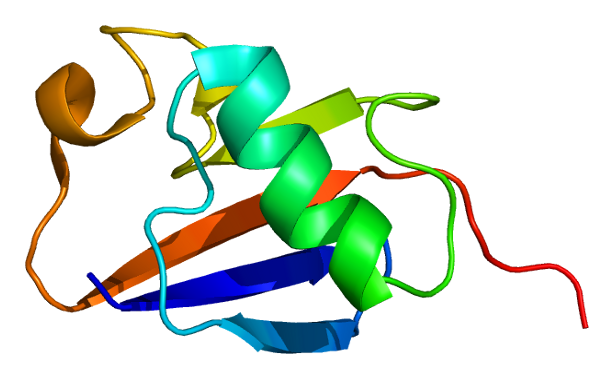
US-based Adamas Pharmaceuticals has started a pivotal Phase III clinical trial of its most advanced wholly owned product candidate ADS-5102 (amantadine HCl) for the treatment of patients with Parkinson’s disease (PD) who have developed movement disorder levodopa-induced dyskinesia (LID).
LID is a condition characterised by involuntary movements without purpose that can become severely disabling, rendering individuals with PD unable to perform routine daily tasks.

Discover B2B Marketing That Performs
Combine business intelligence and editorial excellence to reach engaged professionals across 36 leading media platforms.
A total of 130 patients will be enrolled in the 26-week multi-centre, randomised, double-blind, placebo-controlled trial.
The Phase III trial (EASE LID) will assess the efficacy of a once-daily 340mg dose of ADS-5102 administered at bedtime for the treatment of LID in individuals with PD.
The trial’s primary endpoint is a reduction in LID as evaluated by changes in the unified dyskinesia rating scale (UDysRS), along with supporting data from secondary endpoints.
ADS-5102 is a high dose, controlled-release version of amantadine, that is administered once-daily at bedtime.

US Tariffs are shifting - will you react or anticipate?
Don’t let policy changes catch you off guard. Stay proactive with real-time data and expert analysis.
By GlobalDataLID frequently occurs in patients after long-term treatment with levodopa, the most widely used drug for PD.
At present, there are no approved drugs for the treatment of LID in the US or Europe.
The company is also assessing ADS-5102 as a potential treatment for chronic behavioural symptoms associated with traumatic brain injury (TBI).
Parkinson’s disease causes tremors, rigidity, slowed movements and postural instability, and the most commonly prescribed treatments for this disorder are levodopa-based therapies.
Adamas’ portfolio also includes a fixed-dose combination product candidate, MDX-8704, being developed with Forest Laboratories and an approved controlled-release product Namenda XR, which Forest developed and is marketing in the US under an exclusive licence from Adamas.
Image: PDB rendering of Parkin (ligase). Photo: courtesy of Emw.





